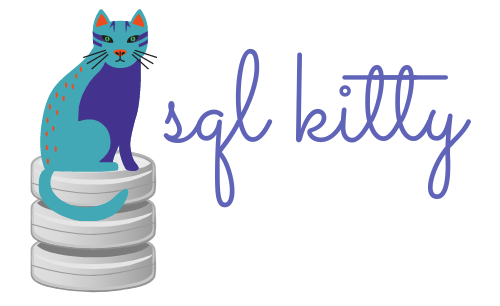Once you have docker configured to run locally, see blog post https://sqlkitty.home.blog/2019/12/15/setting-up-docker-with-sql-server-backup-on-mac/ for more details
Then you can setup Oracle in Docker
Login into docker store in web browser – or follow this to use a web browser via ssh – https://superuser.com/questions/139426/accessing-a-url-on-ssh-without-using-a-web-browser
Search for oracle database
Select enterprise db version and accept the terms
Sudo to root
Run docker login
Then enter your docker credentials
Pull the oracle container in terminal
docker pull store/oracle/database-enterprise:12.2.0.1
Run the container
docker run -d -p 8080:8080 -p 1521:1521 –name OracleDB store/oracle/database-enterprise:12.2.0.1
Check that it’s running
docker ps -a
Connect to sql editor
docker exec -it OracleDB bash -c “source /home/oracle/.bashrc; sqlplus /nolog”
Run these two scripts
connect sys as sysdba;
alter session set “_ORACLE_SCRIPT”=true;
And then run this and note the value returned
select value from v$parameter where name=’service_names’;
Then update sys user so you can actually connect to it since the password you type to connect as sys appears to have nothing to do with anything:
alter user sys identified by “new password”;
To quit sql editor use quit
SQL> quit
To use oracle db in dbeaver
Download the oracle jdbc drivers in a zip from this location (you will need an oracle login for this or you can set one up)
https://www.oracle.com/database/technologies/jdbc-upc-downloads.html
Unzip the files and place them in a location you can access on your mac and make sure you don’t delete them later.
You will have to add them into dbeaver in your oracle connection

To create a db which is actually a schema in oracle – run these queries
alter session set “_ORACLE_SCRIPT”=true;
create user dbname identified by dbname;
GRANT CONNECT, RESOURCE, DBA TO dbname;
